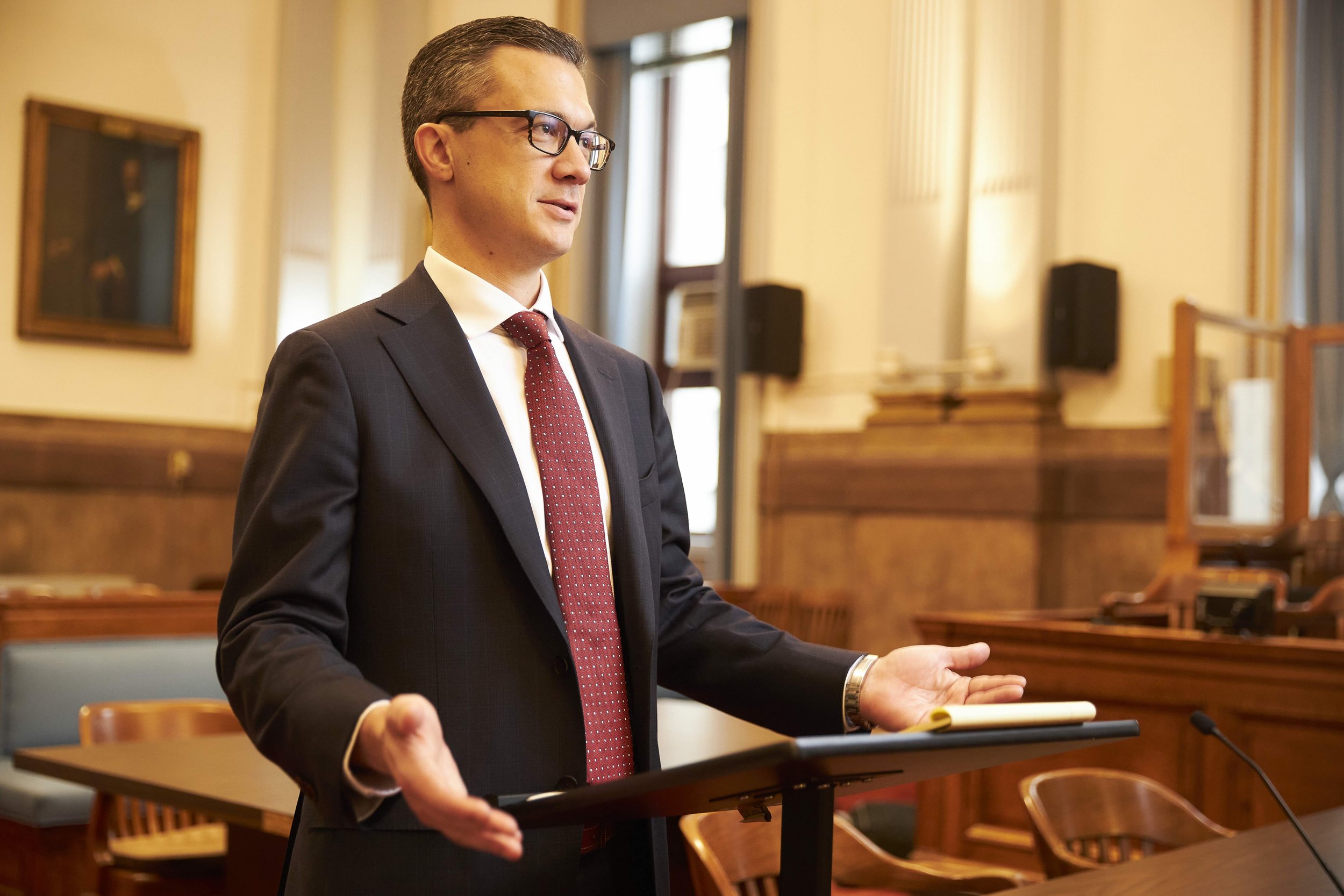Smith v. Arizona: United States Supreme Court Holds Expert May Not Testify to Absent Lab Analyst’s Testing Results if Analyst Unavailable
Philadelphia Criminal Defense Lawyer Zak T. Goldstein, Esquire
The Supreme Court of the United States has decided the case of Smith v. Arizona. In Smith, the Court held that when an expert conveys an absent lab analyst’s statements to support their opinion, and those statements must be true in order for the opinion to be accurate, the statements are admitted as evidence for their truth. If the statements are also testimonial, then their admission is barred by the Confrontation Clause. However, the Court did not decide whether the statements in this case were definitively testimonial, instead remanding that issue to the state court for further consideration.
The Facts in Smith v. Arizona
In December 2019, law enforcement officers in Yuma County, Arizona, arrested Jason Smith inside a shed during the execution of a search warrant. The officers discovered a large quantity of suspected drugs and drug-related items, leading to Smith being charged with multiple drug offenses, including possession of methamphetamine, marijuana, and cannabis for sale, and possession of drug paraphernalia. Smith pleaded not guilty, and the case proceeded to trial.
During trial preparations, the State sent the seized items to the Department of Public Safety's crime lab for analysis, identifying Smith as the suspect and providing details of his charges. Analyst Elizabeth Rast conducted the tests and documented her findings in detailed notes and a signed report. Her report concluded that the items contained usable quantities of methamphetamine, marijuana, and cannabis.
Initially, the State intended for Rast to testify at Smith’s trial. However, Rast left the lab before the trial for unspecified reasons. Instead, the State called Greggory Longoni as a substitute expert to testify based on Rast’s records, although Longoni did not conduct any independent testing. Longoni’s testimony, which relied on Rast’s records, led to Smith’s conviction.
Smith appealed, arguing that Longoni’s testimony violated his Confrontation Clause rights because he was unable to cross-examine Rast, whose statements formed the basis of Longoni’s opinion. The Arizona State Court of Appeals affirmed Smith’s conviction, reasoning that an expert could testify to the substance of a non-testifying expert’s analysis if it formed the basis of their opinion.
Supreme Court's Analysis
The Supreme Court rejected the Arizona Court of Appeals' reasoning, focusing on whether Rast’s statements were introduced for their truth. The Court stated that if Rast’s statements were used to establish that the events documented in her report actually occurred, then they were admitted for their truth. Furthermore, the Court assumed that since the testing and records were made for evidentiary purposes, Rast’s statements were testimonial.
The Court emphasized that if an expert’s testimony conveys an out-of-court statement to support their opinion, and the statement supports the opinion only if true, then the statement is admitted for its truth. The inability to cross-examine the analyst themselves on the reliability of the testing and the expert’s reliance on that underlying testing leaves the jury with an unchallenged assumption of truth and the defense with no opportunity to challenge that assumption. This is exactly what the Confrontation Clause forbids.
The Takeaway
Goldstein Mehta LLC Criminal Lawyers
This is an important decision. Under prior precedent, the prosecution had been able to use substitute experts to testify to what other expert witnesses did. That procedure, however, leaves the defense completely unable to challenge the credibility of the actual people who did the testing. This decision reinforces the defendant's right to confront and cross-examine witnesses against them, ensuring the integrity and fairness of the judicial process.
Facing criminal charges or appealing a criminal case?
If you are facing criminal charges or under investigation by the police, we can help. We have successfully defended thousands of clients against criminal charges in courts throughout Pennsylvania and New Jersey. We have successfully obtained full acquittals and dismissals in cases involving charges such as Conspiracy, Aggravated Assault, Rape, Violations of the Uniform Firearms Act, and First-Degree Murder. We have also won criminal appeals and PCRAs in state and federal court, including the successful direct appeal of a first-degree murder conviction and the exoneration of a client who spent 33 years in prison for a murder he did not commit. Our award-winning Philadelphia criminal defense lawyers offer a free criminal defense strategy session to any potential client. Call 267-225-2545 to speak with an experienced and understanding defense attorney today.



